TeachMe: Multimedia Didactics – The Art and Science of Teaching Host Country Language
LThe number of international students has been increasing globally in recent years. In 2016, there were almost 5.1 million international students in the EU (i.e. 2.3% of all tertiary students), up from 2.1 million in 2000 (UNESCO Institute for Statistics, 2018). Reports by UNESCO (2018) and the EVP of Global Engagement and Research (2019, see Studyportals) show significant economic benefits from increasing international enrolment in higher education in European and other countries. In addition to the visible financial impact, a myriad of intangible positive impacts can be associated with international students.
Europe thrives on people meeting and understanding each other. A key competence in this respect is language skills. It can be said that one of the basic conditions for the success of international students is their ability to speak the language of the host country or the language they will use during their studies. Usually, these students have a clear vision of the field of study they plan to attend and are willing to work hard to achieve their goals, but without language skills this will come much more difficult.
The project partnership wants to make it easier for young Europeans to study in other European countries. To this purpose, we focus on countries that are less in demand and languages that are less widely spoken. Learning these languages in a relatively short time requires advanced didactics and methodology. The TeachMe project creates neurodidactically-based online tools for international students and for teachers, educators and facilitators of language courses, with the aim of increasing the number of young people who want to learn the less common languages of EU countries and improving their ability to master the language of the host country.
Project objectives
Projekt TeachMe ma na celu:
- To increase the number of young adults who want to learn minor European languages, as well as to immerse into the host country language and culture;
- To establish a European role model: a set of intensive language programs tailored to the needs of youth interested in the study at a foreign university in any of the partner countries;
- To promote transnational cooperation and mutual learning between the partners who represent different sectors of education in order to improve education systems, structures and processes;
- To support exchanges and make visible good practices, dialogue, mutual learning and cooperation among policymakers, practitioners and stakeholders from partner countries.
Target groups:
Key target groupd:
- foreign language teachers
- foreign students
Results
- A guide for international students with links, infographics, videos and other materials that will be useful when preparing to study in a foreign country.
- Neurodidactic concept of intensive foreign language teaching through multimodal and blended learning approaches.
- New methods and tools for teachers on how to be flexible and adapt teaching methods to circumstances and how to transfer knowledge from teacher to student in a digital environment, including the concept of the ‘digital online classroom’.
- A guide for facilitators of intensive language courses with useful interactive resources, materials and tools that can be used during the teaching process.
- A TEACHME platform with an interactive library that will serve as a bank of resources and self-preparatory tests for language teachers and international students.
Added value
The project will have a significant educational impact on students who wish to study in the language of the host country, as it will offer an innovative combination of synchronous and asynchronous learning. International students will receive authentic information about language structures, learn about the vocabulary, culture and civilisation of the country, grammatical structures specific to each host language and the mechanisms of their use. They will integrate relevant grammatical structures in oral and written discourse, in real communicative contexts. The ambition of the project partners is that international students will not only choose less popular European countries to study in, but will also immerse themselves in the language and culture of the respective host country. In this way, students will be more connected to what the country has to offer and will be better able to integrate the knowledge and skills they have acquired into other areas of their lives.
Planned activitiesa
TeachMe workshops will be organised in each partner country and a conference will be held in Mainz (Germany) at the end of the project.
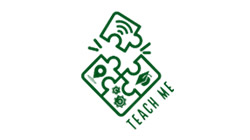
Project duration:
February 2022 – January 2024

More information:
Project coordinator
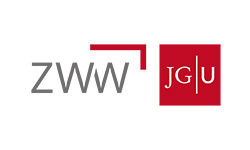
Johannes Gutenberg – Universitat in Mainz
Germany
Project partners
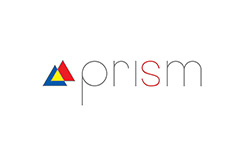
PRISM Impresa Sociale S.R.L.
Italy
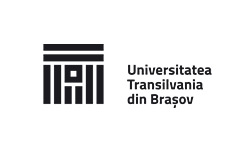
Universitatea Transilvania din Brasov
Romania

Fundacja Rozwoju Aktywności Międzynarodowej i Edukacyjnej – FRAME
Poland
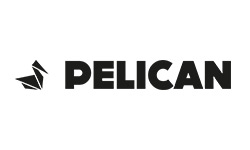
Pelican Language School
The Czech Republic
Contact the project supervisor
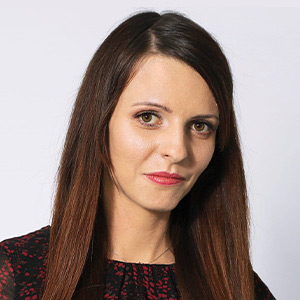
Katarzyna Kasznicka
kkasznicka(at)euframe.eu
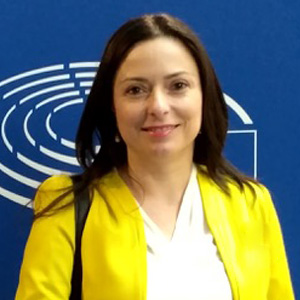
Marta Kędzia
mkedzia(at)euframe.eu

